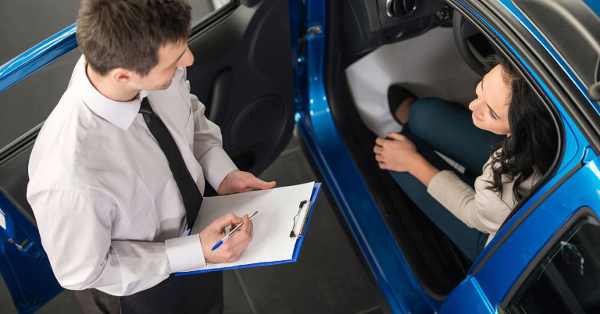Are you in the market for your first car? If so, congratulations! Buying your first car is a big milestone. But it`s also important to remember that there`s a lot to manage during the process. Planning ahead can help make things easier—and help ensure you end up with the best car for you. Too often, first time buyers rush into buying their first car without taking into account all the financial factors that must first be considered. Luckily Creditfix, experts in providing advice on budgeting, mortgages, IVA Car Finance and more, have shared important tips and trip all first time buyers should keep in mind. Here are 15 important tips to keep in mind as you start shopping for your first car.

1. Start by creating a budget.
When it comes to buying a car, it`s important to be smart about your spending. Determine how much you can afford to spend on a car—including the down payment, monthly payments, and other associated costs.
2. Get pre-approved for a car loan.
This will help you know how much you can afford to spend on a car. It will also give you a head start in the car-buying process, as dealers will be more likely to negotiate with you if they know you`re already approved for a loan.
3. Look for cars within your budget.
Once you know how much you can afford to spend, start looking at cars within that price range. This will help you stay within budget and avoid overspending on a car. Read buying guides and tips like Prestige Cars here to learn more the features you are looking for within your budget.
4. Crunch the numbers.
It`s important to be aware of all the associated costs of buying and owning a car. Factor in the cost of the car itself, as well as insurance, gas, and maintenance.
5. Consider your needs.
When choosing a car, it`s important to think about what you need vs. what you want. Do you need a lot of storage space? A backseat for your kids? An SUV for weekend getaways?
6. Decide what type of car you want.
Once you know what you need, start thinking about the type of car you want. Do you prefer a sedan, hatchback, or SUV?
7. Narrow down your choices.
Now that you have an idea of the type of car you want, start narrowing down your choices. Consider things like price, fuel efficiency, and available features.
8. Research different models.
Once you`ve chosen a few cars that interest you, it`s time to do some research. Read reviews online and check out crash test ratings to make sure the car is safe.
9. Take a test drive.
One of the best ways to decide if a car is right for you is to take a test drive. Sit in the driver`s seat and see how it feels. Try out the features, and see if the car is comfortable for long drives.
10. Ask for a carfax report.
A carfax report will show you the history of a car, including any accidents or repairs it may have undergone. This can be helpful in determining whether a car is right for you.
11. Compare prices.
Once you`ve found a few cars you like, it`s time to start comparing prices. See if you can get a better deal at a dealership or through a private seller.
12. Get a warranty.
A warranty can help protect you against unexpected repairs down the road. It`s a good idea to ask about warranties when you`re shopping for a car.
13. Consider using a leasing company.
Leasing a car can be a good option if you don`t want to commit to a long-term loan. Leasing companies often have lower monthly payments and allow you to switch cars every few years.
14. Be prepared to haggle.
When it comes to buying a car, negotiation is key. Be prepared to negotiate the price of the car, as well as any add-ons or warranties.
15. Stay organized.
The car-buying process can be overwhelming, especially if it`s your first time. Keep track of all the different cars you`re considering, as well as the prices and features. This will make it easier to compare and make a decision.
When it comes to buying your first car, it`s important to be smart about your spending. These 15 tips will help you stay on budget and make the process easier.

